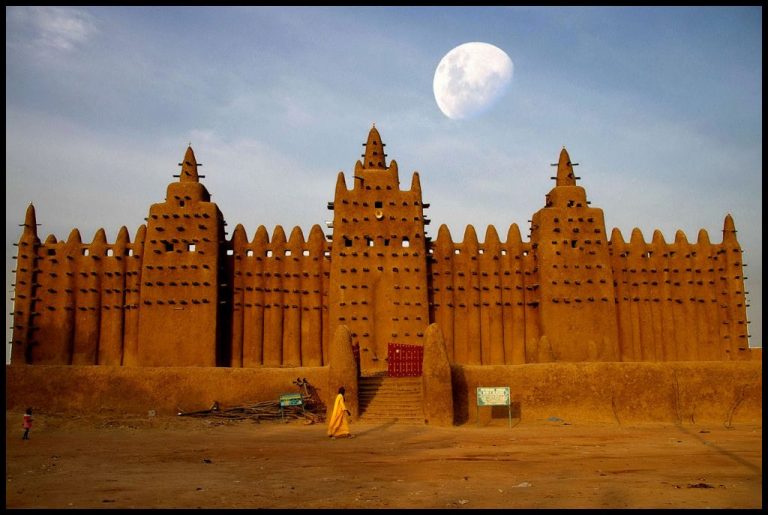![]() On the 1st of October, the second online World Heritage Nomination workshop, for Anglophone and Francophone countries, was officially closed by the Director of the World Heritage Centre. The training examined the challenges and strengths of nomination dossiers for 12 countries from the African Region, namely Benin, Cameroon, Côte-d’Ivoire, Gabon, Mali, Malawi, Nigeria, South Africa, Zambia and Zimbabwe.
On the 1st of October, the second online World Heritage Nomination workshop, for Anglophone and Francophone countries, was officially closed by the Director of the World Heritage Centre. The training examined the challenges and strengths of nomination dossiers for 12 countries from the African Region, namely Benin, Cameroon, Côte-d’Ivoire, Gabon, Mali, Malawi, Nigeria, South Africa, Zambia and Zimbabwe.
Considering the context of COVID-19 pandemic, the African World Heritage Fund (AWHF) in collaboration with the World Heritage Centre (WHC), Advisory Bodies, training institutions in the Africa Region and varies stakeholders decided to develop online training to support African countries in their effort to develop Nomination dossiers. In order to implement the global strategy for a representative, balanced and credible World Heritage List, following the World Heritage Nomination Programme for Africa, the two workshops enhanced capacity of the national experts responsible for the development of their dossiers in line with a new Upstream Support Initiative (2018-2022), as part of a strategy for the World Heritage Capacity Building Programme (WHCBP).
In her speech, the Director of the WHC, Mechtild Rössler emphasised three specific aspects to strengthen this collaboration with the AWHF and support the State Parties in their endeavours. First, she acknowledged that the online training is a challenging tool for this kind of workshop where participants would prefer to meet and present their work. Also, restricted online access and weak connectivity make the exercise very difficult for some experts.
However, the WHC Director encouraged the AWHF to continue exploring the online tool as a new format for capacity building in Africa. In developing nomination dossiers, she also stressed that experts should pay attention to the role of communities and stakeholders to promote an inclusive process and build a strong base for effective management in the future. Finally, she assured all participants full support from the WHC in this process to guarantee a better representation of African properties on the World Heritage List. This also forms part of UNESCO’s Global Priority Africa, and it is in line with the Action Plan 2012 – 2017 for the Africa Region and Agenda 2063: The Africa We Want.
From: UNESCO

